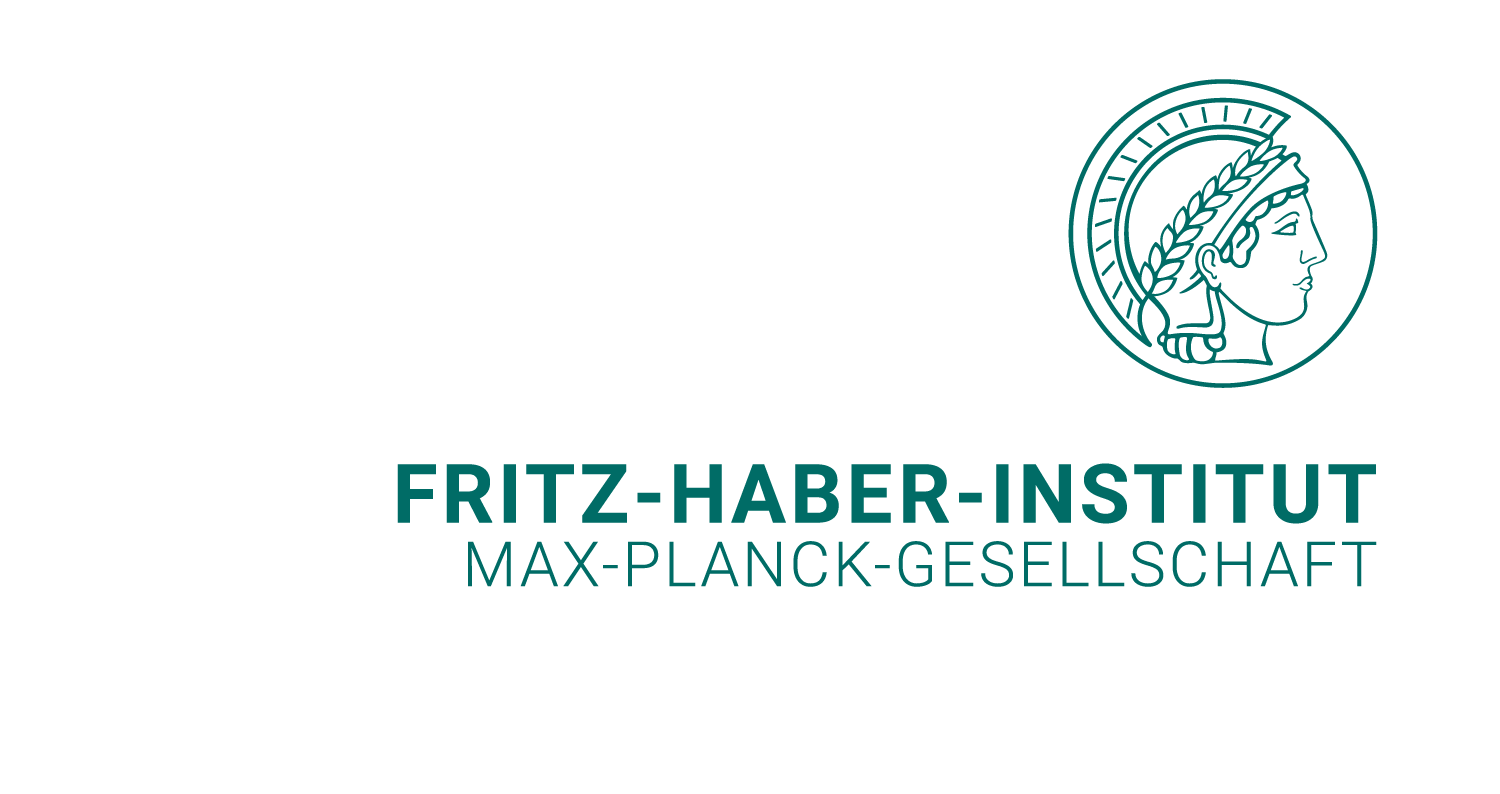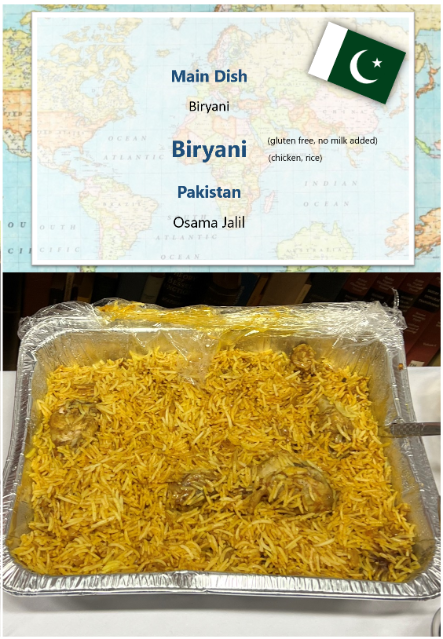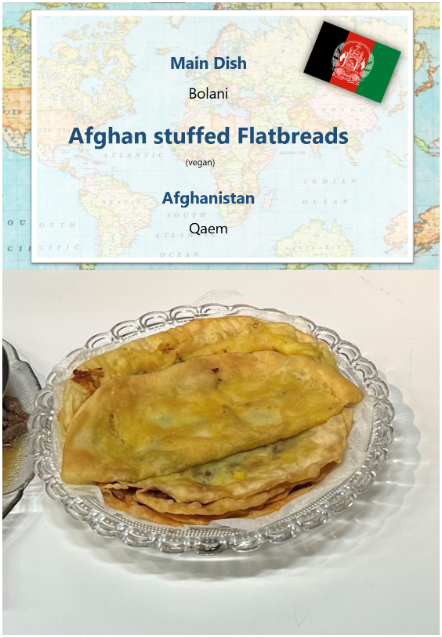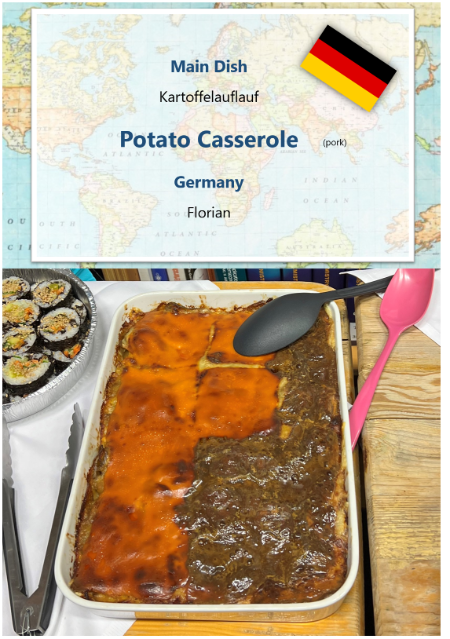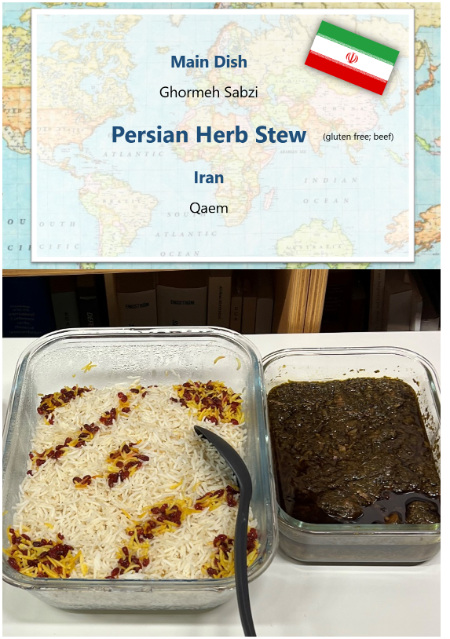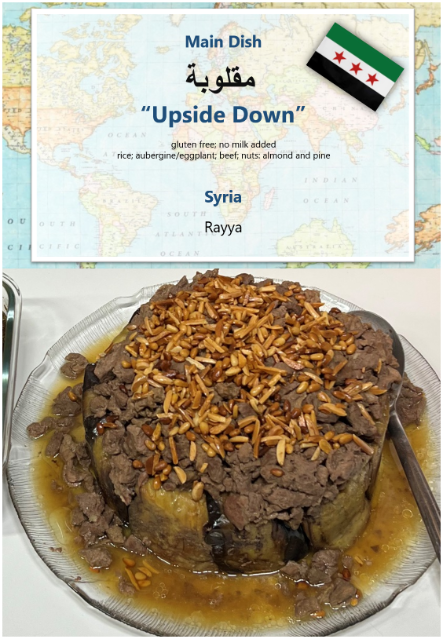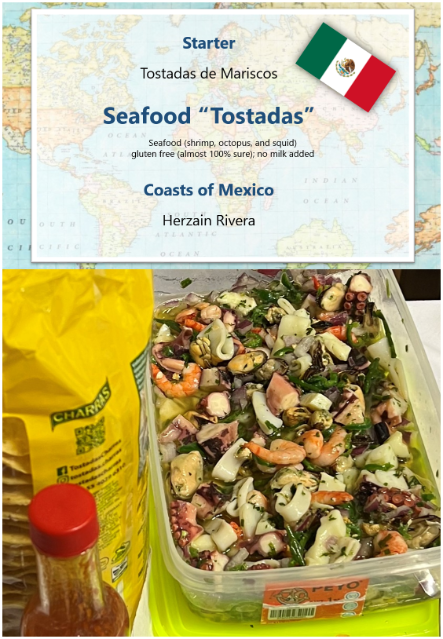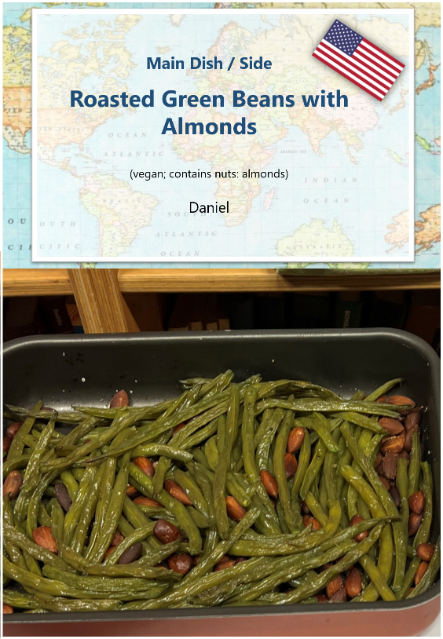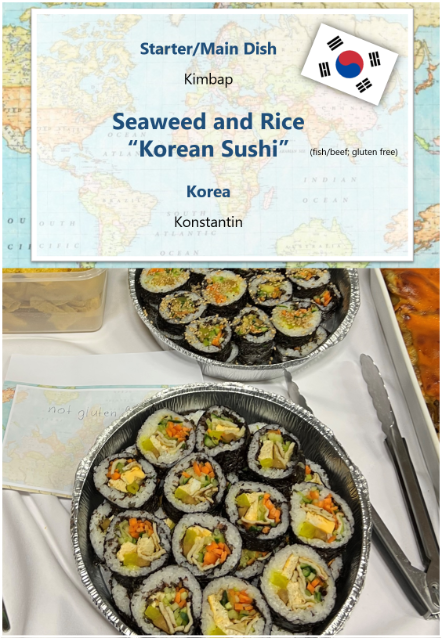About NOMAD: Revealing new and novel materials, mechanisms, and insightThe NOMAD Laboratory works in condensed-matter theory, materials science, and artificial intelligence. A particular focus is on density-functional theory and many-electron quantum mechanics and on developments of multiscale approaches. The latter, is summarized by the appeal "Get Real!", introducing environmental factors (e. g. partial pressures, deposition rates, and temperature) into ab initio calculations.[1] In recent years, the work is increasingly concerned with data-centric scientific concepts and methods (the 4th paradigm of materials science)[2][3] and the goal that materials-science data must become "Findable and Artificial Intelligence Ready". |
1) H.J. Freund, G. Meijer, M. Scheffler, R. Schlögl, and M. Wolf, CO Oxidation as a Prototypical Reaction for Heterogeneous Processes, Angewandte Chemie International Edition 50: 10064 (2011), https://doi.org/10.1002/anie.201101378.
2) C. Draxl, M. Scheffler, Big Data-Driven Materials Science and Its FAIR Data Infrastructure, in Handbook of Materials Modeling, edited by W. Andreoni and S. Yip: Springer International Publishing, pp. 49 (2021); ISBN 978-3-319-44676-9, S2CID 242594698. https://doi.org/10.1007/978-3-319-44677-6_104.
3) T. Hey, S. Tansley, and K. Tolle, The Fourth Paradigm: Data-Intensive Scientific Discovery (2009), Microsoft Research, ISBN 978-0-9825442-0-4.
NEWS


